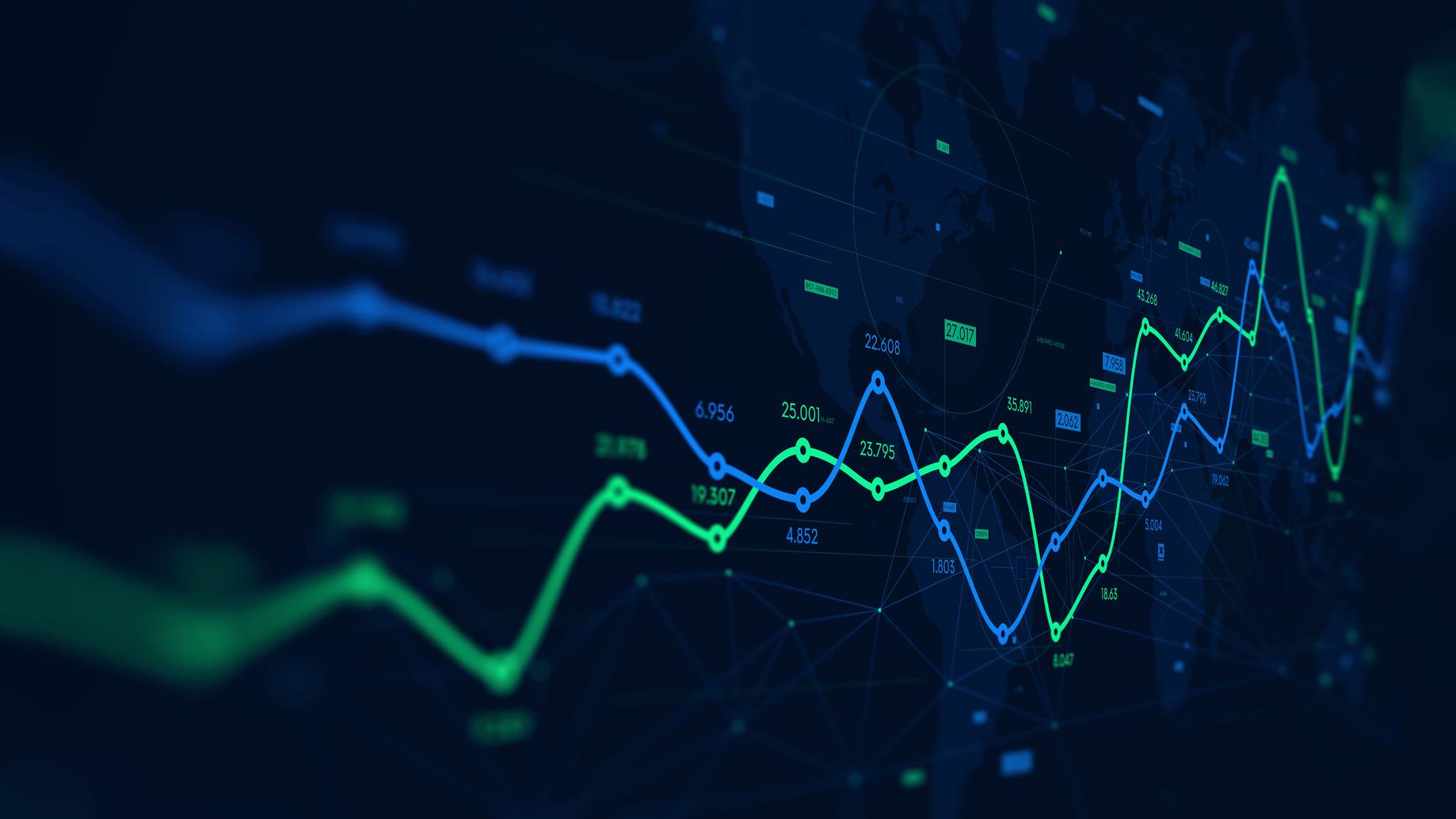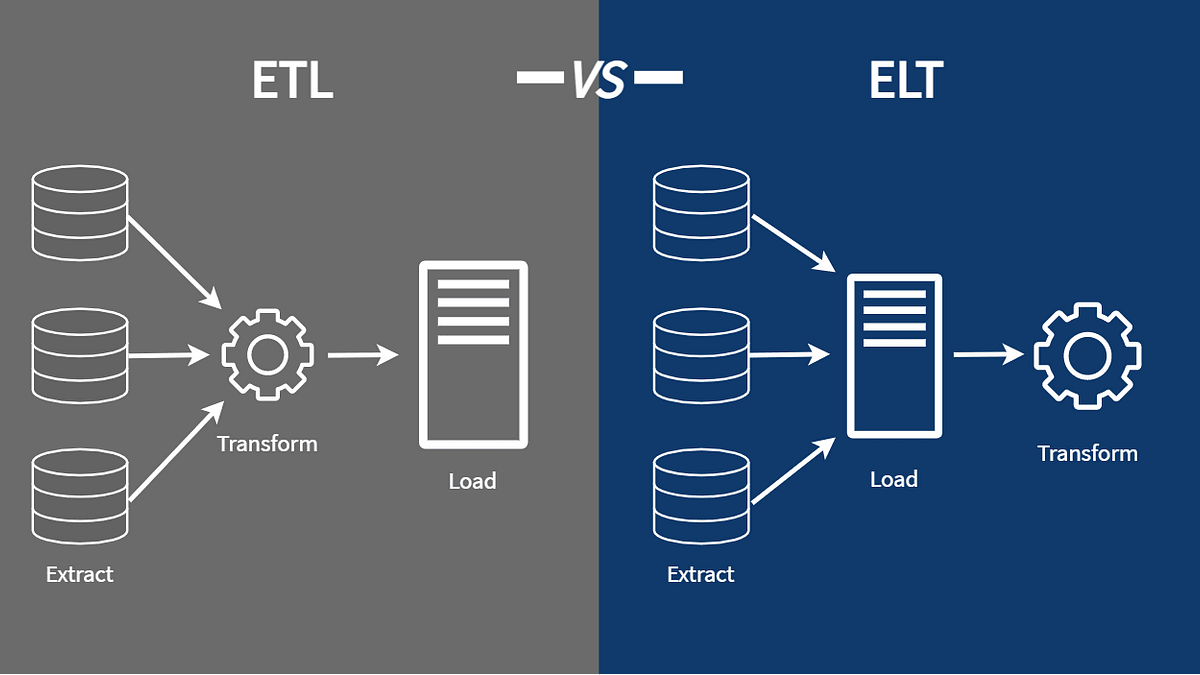
In today’s hyperconnected and fast-paced economy, ensuring that products reach customers quickly and efficiently is a key competitive advantage for any business. Whether it’s a local food delivery service or a global e-commerce platform, the ability to optimise delivery routes can significantly impact cost savings, customer satisfaction, and overall logistics efficiency. Thanks to geospatial data science techniques, businesses are now empowered to make smarter, real-time decisions that reduce delivery times, lower fuel costs, and enhance fleet utilisation. This transformation has created a new demand for professionals equipped with tools and knowledge that can bridge the gap between geography and logistics — a demand that can be met through a data scientist course.
What is Geospatial Data Science?
Geospatial data science is a branch of data science that focuses on spatial data — information associated with specific geographic locations. It blends techniques from geography, statistics, computer science, and machine learning to analyse data that includes a locational component. From satellite imagery and GPS data to traffic sensors and weather reports, geospatial data provides the foundation for intelligent transportation and logistics planning.
How Geospatial Data Optimises Delivery Routes?
Optimising delivery routes involves minimising travel time and cost while maximising efficiency. Traditionally, this was done manually or with basic routing software. However, geospatial data science introduces a new level of intelligence to routing through:
- Real-Time Traffic Monitoring
By integrating traffic feeds, vehicle telemetry, and route congestion data, algorithms can reroute drivers in real-time to avoid delays. This dynamic adjustment ensures faster deliveries and better fuel economy.
- Demand Prediction Using Historical Data
Analysing historical delivery records, customer locations, and order frequency helps anticipate future demand. This enables route planners to prepare optimal delivery sequences, minimising idle time and last-minute changes.
- Clustering and Route Grouping
Techniques like k-means clustering can group deliveries by geographic proximity. This reduces redundancy and ensures that delivery personnel cover the shortest possible paths to deliver to all locations within a cluster.
- Location Intelligence and POI Analysis
Using points of interest (POIs) and local area characteristics, delivery routes can be planned with knowledge of access restrictions, parking options, and potential obstacles. This enhances delivery accuracy in densely populated urban zones.
- Predictive Maintenance and Fleet Allocation
Geospatial data is also used for vehicle tracking and health monitoring. Combining route optimisation with predictive maintenance scheduling allows for more efficient fleet usage and reduces the risk of on-road failures.
All of these factors contribute to reduced operational costs, improved resource management, and enhanced customer experiences.
Techniques and Tools Used in Geospatial Data Science
Geospatial data science leverages several tools and methods to optimise delivery logistics:
- GIS (Geographic Information Systems): Platforms like ArcGIS and QGIS enable the visualisation and analysis of spatial data.
- Python Libraries: Pandas for data manipulation, GeoPandas for geospatial operations, Folium and Plotly for interactive mapping, and Scikit-learn for clustering and ML algorithms.
- Routing APIs: Tools like Google Maps API, OpenStreetMap, and Mapbox provide real-time routing and traffic data.
- Machine Learning Models: Algorithms for time-series forecasting, clustering, and classification enhance predictive accuracy and dynamic planning.
Professionals looking to work with these techniques often start by enrolling in a data scientist course, where they gain exposure to geospatial analytics, programming, and machine learning in a practical, hands-on environment.
Industries Benefiting from Route Optimisation
While delivery route optimisation is a must-have for logistics and e-commerce, many other industries benefit from these advancements:
- Healthcare: Optimising routes for mobile clinics or medical supply delivery in underserved areas.
- Waste Management: Designing efficient paths for garbage collection trucks to reduce fuel and time costs.
- Public Transportation: Planning bus routes and ride-sharing services based on real-time demand and traffic data.
- Retail: Managing product distribution and warehouse delivery paths with high precision.
By integrating geospatial insights into their operational frameworks, these industries not only save money but also reduce environmental impact through lower fuel consumption and CO₂ emissions.
Real-World Applications
Leading companies, such as Amazon, UPS, and FedEx, utilise geospatial data science to enhance their logistics infrastructure. Amazon’s Dynamic Optimisation system considers traffic, weather, package volume, and location data to optimise delivery routes in real-time. Similarly, UPS’s ORION (On-Road Integrated Optimisation and Navigation) uses geospatial analytics to save millions of gallons of fuel annually by reducing unnecessary miles.
Even smaller businesses and startups are adopting route optimisation software powered by open-source GIS tools and AI models. These advancements have made sophisticated geospatial techniques more accessible to companies of all sizes.
Building a Career in Geospatial Data Science
With the growing need to optimise logistics and improve last-mile delivery, the role of a geospatial data scientist is becoming increasingly important. It’s a niche yet high-impact career path that blends data engineering, statistical modelling, machine learning, and geographic insights.
Many professionals enter this field through specialised programs or upskilling opportunities. Enrolling in a data science course in Bangalore with a focus on geospatial data, Python programming, and real-world logistics applications provides a strong foundation. These courses often involve capstone projects, case studies, and hands-on assignments using real delivery datasets.
As the demand for more innovative logistics continues to grow, mastering geospatial techniques becomes a strategic career move for aspiring data scientists.
The Future of Geospatial Logistics
As emerging technologies such as drones, autonomous delivery vehicles, and IoT sensors gain traction, the scope of geospatial data science in logistics will continue to expand. Real-time environmental data, smart city infrastructure, and edge computing will drive even greater precision and automation in route optimisation.
Additionally, the integration of satellite data and AI will open new avenues for hyper-localised decision-making and long-range delivery planning. Urban areas will benefit from dynamic zoning based on congestion heatmaps, while rural deliveries can be better optimised with terrain analysis and weather forecasting.
Geospatial data science is set to revolutionise the future of delivery, and those who understand it will shape the next generation of logistics.
Conclusion
In a world driven by speed, convenience, and efficiency, optimising delivery routes is not just a logistical requirement — it’s a strategic necessity. Geospatial data science offers a powerful toolkit for businesses to enhance delivery performance, reduce costs, and improve service reliability. Whether you are a logistics professional, an aspiring analyst, or a tech enthusiast, learning to leverage location-based intelligence is a game-changer. Upskilling through a data science course in Bangalore can open doors to this dynamic field and prepare you to tackle real-world challenges in geospatial logistics with confidence and skill.
By mastering the blend of spatial analysis and machine learning, you can play a vital role in optimising how goods move around the world — faster, smarter, and greener.
ExcelR – Data Science, Data Analytics Course Training in Bangalore
Address: 49, 1st Cross, 27th Main, behind Tata Motors, 1st Stage, BTM Layout, Bengaluru, Karnataka 560068
Phone: 096321 56744




